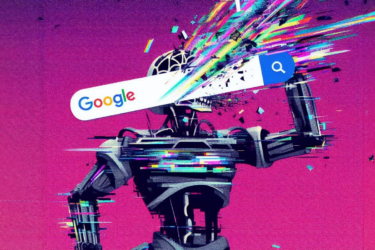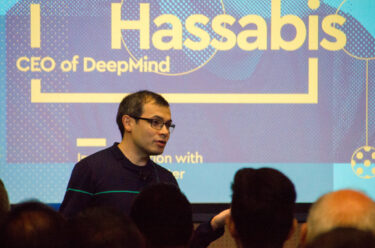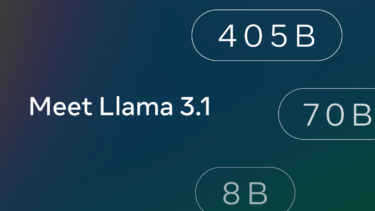Deepmind's Sparrow chatbot could launch into beta this year. Is this Google's way out of the "Innovator's Dilemma"?
ChatGPT from OpenAI is the biggest AI hype of all time - and reportedly makes Google fear for its own core business because it can, among other things, give more or less reliable answers to questions. That is supposed to be the domain of the search engine giant.
Google has answers to ChatGPT
Google could respond to ChatGPT. It has shown large language models optimized for dialog, such as LaMDA and Flamingo, even before OpenAI's successful product. With Meena, Google already had a chatbot ready that could have credible conversations with humans by the end of 2020.
So far, the company has not made a product out of its research. According to its own statements, this is mainly due to security concerns, although other reasons could also play a role - more on that later.
But ChatGPT and especially Microsoft's extensive involvement in the spread of OpenAI are putting pressure on Google. The corporation must at least prove that it can keep OpenAI in check or even surpass it.
Deepmind founder and CEO Demis Hassabis is now raising the prospect to Time that Deepmind's chatbot Sparrow will go into "private beta" later this year. This is notable because Deepmind has so far functioned primarily as an AI research institute, developing technologies that Google then integrates into products for consumers.
Deepmind introduced Sparrow in September 2022. Like ChatGPT, the chatbot is trained with human feedback, which Deepmind says makes it more helpful, accurate and harmless. In addition, Sparrow will have access to the Internet through Google, allowing it to integrate up-to-date information into its responses. According to Time, the planned beta chatbot will output additional sources that match the AI's answers.
Sparrow is based on Deepmind's Chinchilla language model, which has fewer parameters than OpenAIs largest models - but has been trained with a lot of data. The language model, which was introduced in April 2022, outperformed GPT-3 in common language benchmarks. However, ChatGPT is based on the more advanced GPT version 3.5.
In any case, there is good reason to believe that Sparrow would perform similarly or better than ChatGPT - and Google would also have more powerful language models like PaLM up its sleeve.
Will Deepmind help Google out of its "innovator's dilemma"?
Why has Google not yet responded to ChatGPT or even introduced a similar model before OpenAI, even though it could? The reasons officially given by Google - shortcomings in the reliability and security of large language models - are credible and likely play a role.
At the scale Google operates, a chatbot that spreads lies or hate speech would be a significant reputational risk. Or worse, a chatbot that is so credible that people attribute consciousness to it. Who wants to provide the service hotline for something like that?
OpenAI's ChatGPT, while growing rapidly, still has only a fraction of Google's users.
The weightier reason, however, may be that Google is stuck in the "Innovator's Dilemma." The term was coined by Clayton Christensen in 1997 to describe a situation in which established companies have difficulty adopting new technologies or business models that disrupt their traditional markets.
These companies often have significant resources and capabilities (Google), but their existing customer base and internal processes make it difficult for them to take advantage of breakthrough innovations. This can ultimately lead to the demise of the company as smaller, more agile competitors enter and take over the market (OpenAI).
Google's core business, search, is growing and highly profitable. The company prints money with every search results page it displays.
A search chatbot would need a new monetization strategy, and it's unclear whether it could be as profitable as Google's current search. Google could launch a successful chatbot, potentially make it profitable - but if the profits are lower than Google's current search, the company would still lose. That is Google's dilemma.
A possible way out for Google to at least achieve a smoother transition: The company launches a commercially oriented chatbot via its sister company Deepmind and builds its own competitor product to Google Search - and to OpenAI.
Doing so would allow Google to reassure its shareholders and respond quickly if chatbots establish themselves as a serious search alternative. This is where Deepmind's Sparrow beta, announced for 2023, might come into play.






